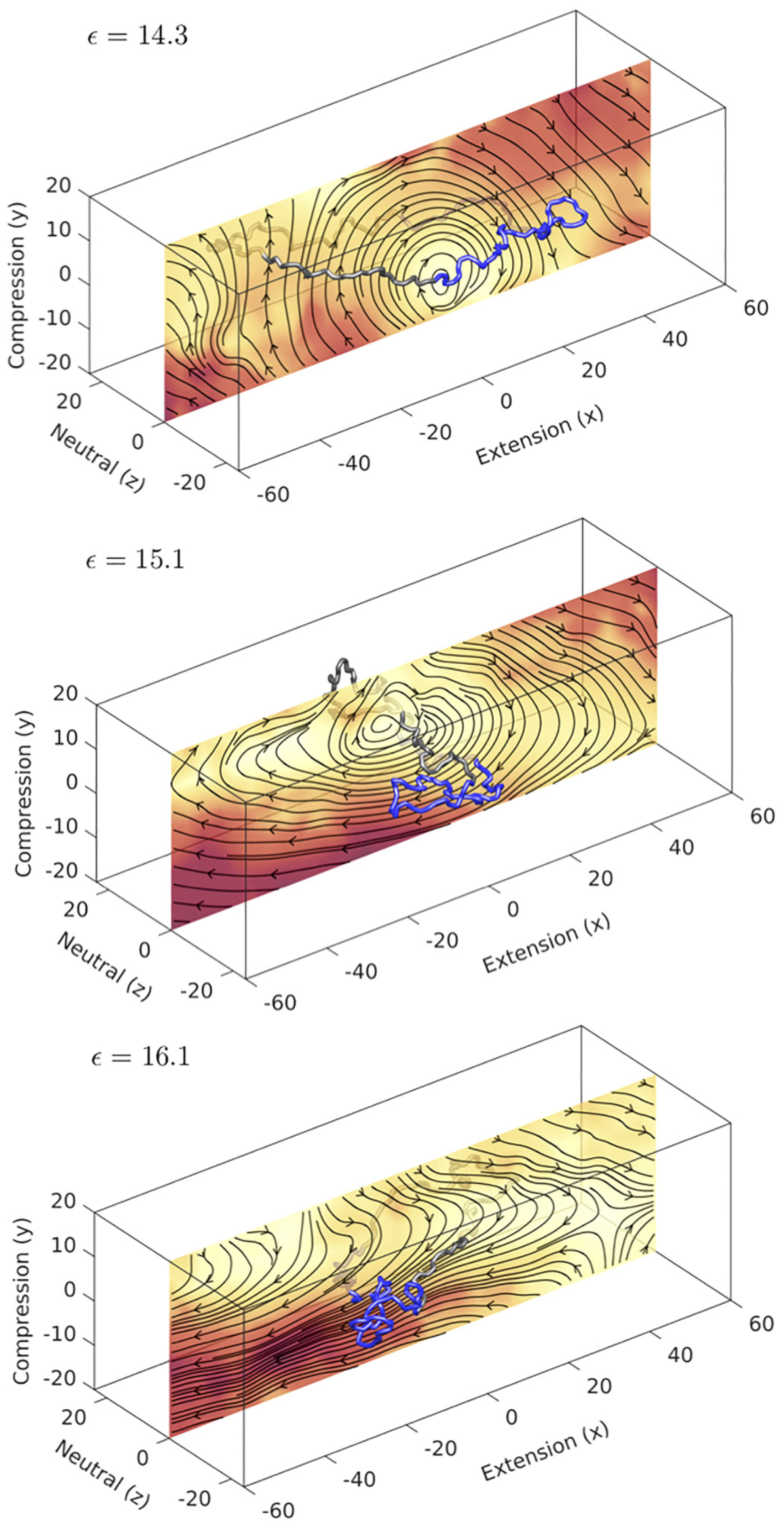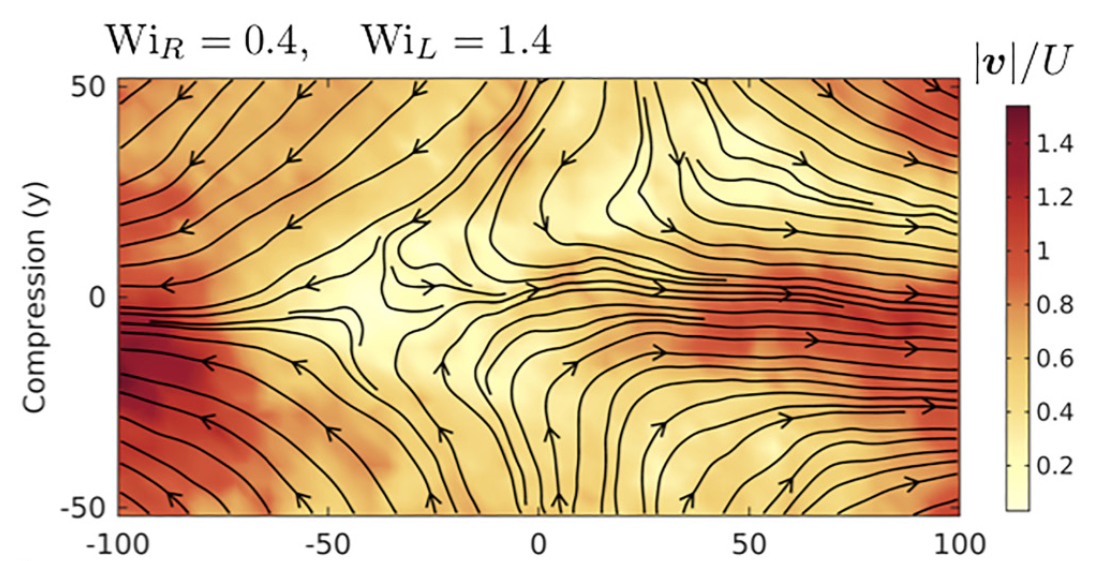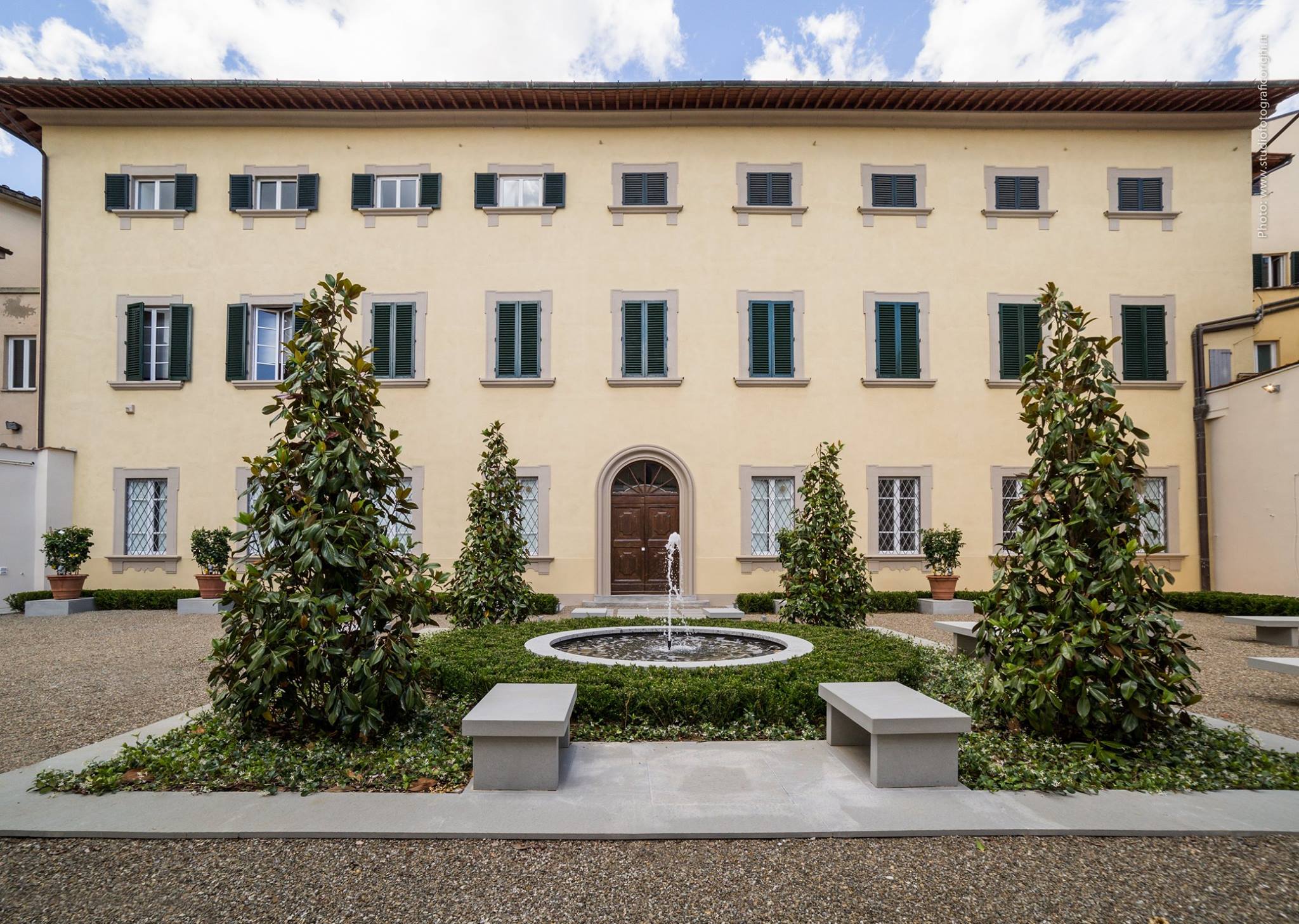Over the last decade, fundamental insight into the behaviour of ring polymers has been gained by combining systematic experiments at the molecular and bulk scale, with advanced numerical simulations that enable the analysis and interpretation of experimental data. The central finding of these studies is that the unique topology of rings leads to their static and dynamic behaviour being fundamentally different compared to linear chains in the various concentration regimes. However, despite intense investigation since the 1980s, a full understanding of ring polymer dynamics has not yet been achieved and insight at the molecular-level is still lacking. The challenge is to understand how the topology of rings affects equilibrium and non-equilibrium dynamics, in both solutions and melts.
By assembling a team of world-class researchers who have been responsible for nearly all the important advances in the field of ring polymer dynamics in the last decade, we aim to bring focussed attention to the quantitative understanding of ring polymer dynamics. Discussing the relevant questions together will lead to a comparison of observations, a sharing of procedures, and foster new collaborations among a multidisciplinary group of scientists and engineers working on an important contemporary problem. It is hoped that it will foster a synoptic view that will lead to the creation of new methods and ideas.







